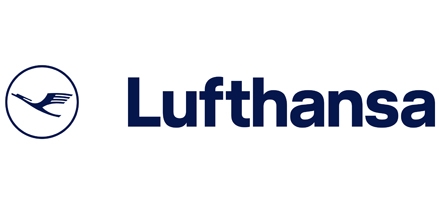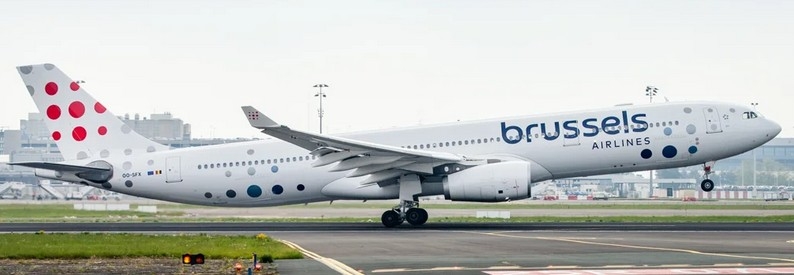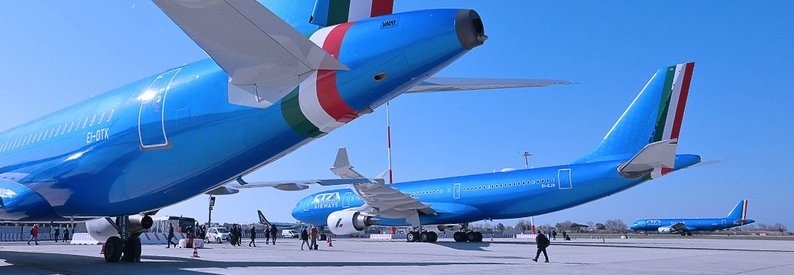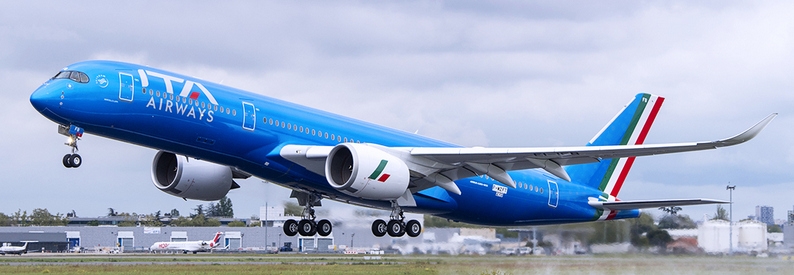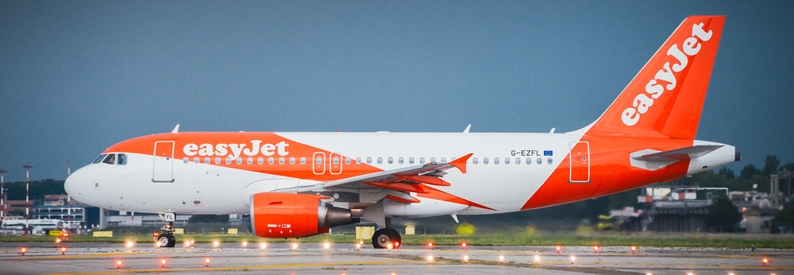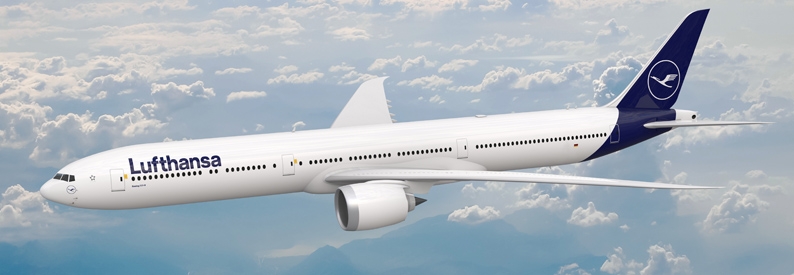Lufthansa (LH, Frankfurt International) has agreed with its aircraft suppliers on the postponement of five deliveries originally planned for 2020 and 24 aircraft scheduled for delivery in 2021, CEO Carsten Spohr outlined during an earnings conference call on August 6.
This leaves the carrier with 23 aircraft deliveries in 2020, nine of which were already received in the first half of the year, and 12 deliveries in 2021. As a result, group investments will amount to around USD1.5 billion in 2020.
Lufthansa posted a EUR1.7 billion euro (USD2 billion) loss in a single quarter on August 6, resulting in a net loss of EUR3.6 billion (USD4.2 billion) for the first six months.
The airline, which secured a EUR9 billion (USD10.5 billion) state bailout in June, carried in April, May, and June just 4% of the number of passengers it carried during the same quarter last year. It now expects capacity to rise to just 50% by the end of 2020 and two-thirds in 2021.
This outlook is more pessimistic than at Air France-KLM, which expects 80% of its pre-crisis flights in 2021, or at IAG International Airlines Group, which forecasts 76% capacity next year. Spohr does not expect air travel demand to return to pre-crisis levels until 2024.
However, Lufthansa's cash flow performance was “markedly better than earnings suggest,” the chief executive claimed during the conference call.
“We reduced our [first-half] investment to just EUR897 million [USD1.05 billion], which is less than half of the prior-year level. This reflects our absolute focus on preserving cash and our commitment to adjusting the size of our operations to the new market reality as quickly as possible,” he said.
The first step to achieve this was the negotiations with aircraft suppliers on 2020 and 2021 deliveries. The postponements will result in around EUR1.3 billion (USD1.5 billion) in costs in 2020, “significantly less” than Lufthansa's pre-crisis expectations of more than EUR3 billion (USD3.5 billion).
In 2021, as a second step, “we will reassess our fleet planning for the years after 2020 in the context of the ReNew programme. This will potentially lead to a further stretch of planned deliveries and associated investments over a longer period,” Spohr said.
“We remain committed to modernising our fleet [and] this is why we plan the acquisition of up to 80 new aircraft until the end of 2023. In addition, we will retire around 1/4 of our current fleet. This will shrink our total fleet by 100 aircraft compared to pre-crisis levels.”
Lufthansa has already announced plans to cut 20% of its leadership positions and 1,000 administrative jobs but said it had run out of patience in talks with unions. Still aiming to cut a total of 22,000 full-time jobs, Spohr said “we have reduced the number of employees by 8,300 already” mainly due to staff leaving jobs at its catering business and non-German businesses, which include Austrian Airlines, Brussels Airlines, and Swiss. Much of the rest will come from Germany.
